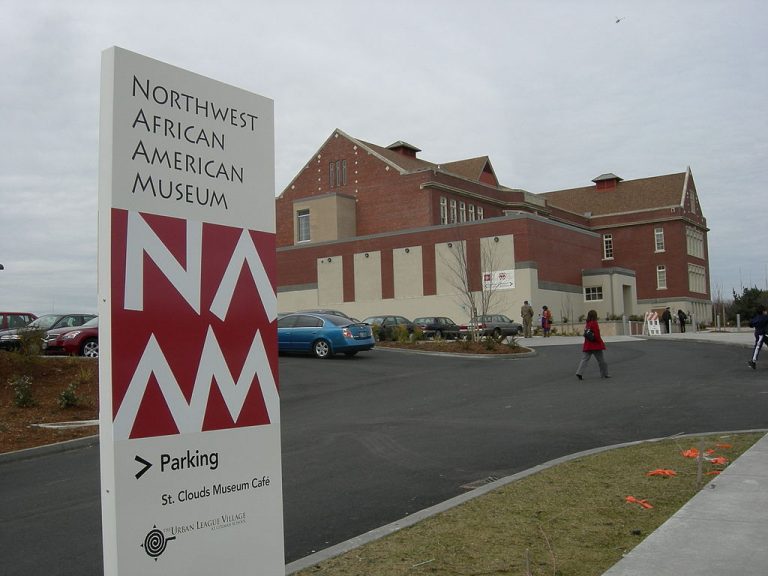Published on December 23, 2020

This fall, with a grant from Population Health Initiative: COVID Rapid Response, the Center for Communication, Difference, and Equity’s research team began a project on community care and mental health of Black/African American communities in Seattle. Led by Urban@UW Affiliates Ralina Joseph, Professor, Department of Communication and Director of CCDE; and N. Gina Aaftab, Assistant Director of CCDE, an update on this project in their own words is shared below.
A part of our Interrupting Privilege project (now in its fifth year), the overall goal of this research is to better understand the disproportionate mental health impacts of COVID-19 as well as the latest racial justice uprisings on Black communities in Seattle. Additionally, we are exploring how cultural heritage sites (e.g., museums like the Northwest African American Museum, as well as community organizations) can serve as spaces of healing and health promotion.
We ask that community members bring in someone that provides them with care and community and ask them to speak about the stressors that they have faced in the last year, how they are coping, and what they need to feel better supported by their community.
Our preliminary analysis points to the compounding impacts of the dual pandemics of COVID-19 and racism. The onset of the COVID-19 pandemic amplified already precarious life situations in regards jobs, moving for work or graduate school, childcare, and health concerns for the participants and/or their families. When we started the interviews this fall, public health data was clearly showing that BIPOC communities were disproportionately impacted by COVID-19. For our research team and participants, it was also very clear that the state-sanctioned violence against Black lives, and the media coverage of this violence, inundated the participants with mental and emotional tensions in new ways during their time of social isolation and economic precarity.
During every dialogue session, we have also witnessed a powerful sense of community through laughter and conversations around care for ourselves and communities. This joy in community drives our work, and we are indebted to our participants for their generosity of time and spirit.
The next step is to analyze the data and share our findings with the larger community. We will produce informative, publicly accessible reporting that will lead to concrete improvements for our communities.
Urban@UW Affiliates Ralina Joseph and Gina Aaftab are leading this collaborative research effort.